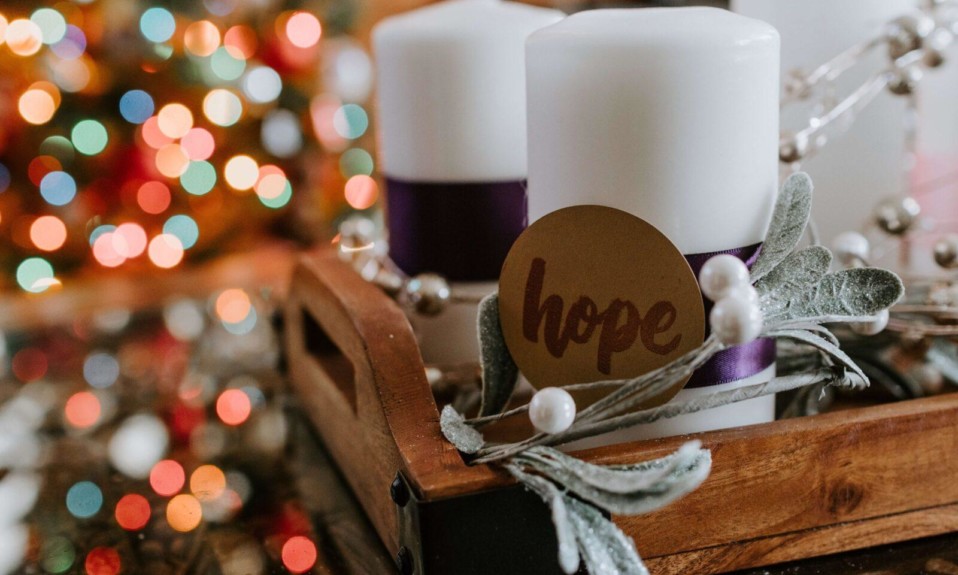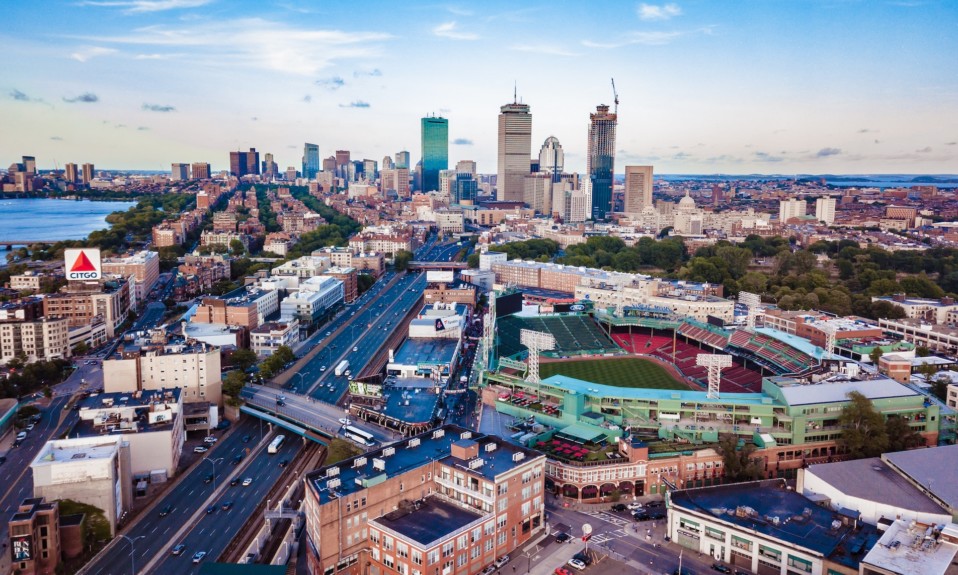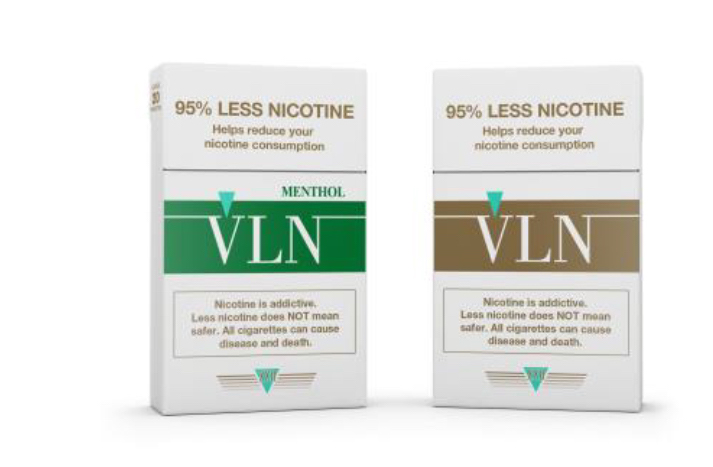’Tis a difficult season for those in recovery, working through addiction. Have hope for the Holidays: You can get through Thanksgiving to Jan. 2, 2021: soberly and healthily.
We’re in this with you: Let’s do this
By William Wagner
December 18, 2020The holidays are built up as a joyous time, but they don’t roll that way for everyone: For some, including those with alcohol use disorder (AUD), opioid or any type of substance use disorder (SUD), they can be a minefield, made tougher by outsized expectations and impossibly merry TV commercials.
There’s a huge expectation that the holidays should be very special. And they’re not very special for everyone. There’s pressure that they have to be perfect.”—Cynthia Moreno Tuohy, executive director, NAADAC, the Association for Addiction Professionals
Public health experts even have a name for it: seasonal affective disorder (SAD). By some estimates, 6% of Americans suffer from SAD. Darkened moods and less daylight have the potential to translate to relapses, or slips. In 2018, for instance, the New Jersey-based detox program Center for Network Therapy reported that its readmission rate increased by about 150% following Thanksgiving.
“The existential loneliness that alcoholics and addicts feel sort of colors everything and becomes more acute during the holidays,” says James Balmer, president of the treatment center Dawn Farm in Michigan.
Throw the COVID-19 pandemic into the mix this year, and things have gotten even dicier. The current spike in coronavirus cases and corresponding stay-at-home advisories might magnify the holiday-related feelings of isolation that can rack people who are in recovery.
It’s a challenge because people might not have the skills to know how to refuse drinks or the language to talk about how they’re in recovery and what that means.”—Annie Peters, Ph.D., LP, director of research and education, National Association of Addiction Treatment Providers
Holiday Recovery Risks
If you do venture out (while wearing a mask and practicing social distancing, of course), the same old holiday triggers will be waiting for you, including:
Alcohol- or Drug-induced Holiday Cheer
Booze, especially, is synonymous with many celebrations this time of year, which can be problematic if you’re on the wagon. It seems everywhere you turn—a Zoom office party, a small family gathering, a small holiday reunion with old friends—alcohol is flowing.
“It’s a challenge because people might not have the skills to know how to refuse drinks or the language to talk about how they’re in recovery and what that means,” says Annie Peters, Ph.D., LP, director of research and education for the National Association of Addiction Treatment Providers (NAATP). “There may be shame they have to overcome about being in early recovery and not drinking or using like they used to.”
Pressure to Be “Happy”
If you’re unable to muster the holiday season’s requisite feelings of joy, you might wind up asking yourself, What’s wrong with me? “There’s a huge expectation that the holidays should be very special,” says Cynthia Moreno Tuohy, executive director of NAADAC, the Association for Addiction Professionals. “And they’re not very special for everyone. There’s pressure that they have to be perfect.”
Ghosts of the Past
Sure, you love your family and lifelong friends, but some of them might have helped to send you down the path to addiction. The holidays, unfortunately, are when you’re most likely to get concentrated doses of these folks. “You might connect with the people you care about but who also have triggered you, like family or friends,” Peters says. “And if you have a trauma history, that can be a trigger. It can be high stress. Relationship problems are a major reason people relapse, and [during the holidays] they’re exposed to the relationships that are most meaningful but also maybe most painful to them.”
Feeling Alone in the Crowd
Your sense of “existential loneliness,” as Balmer calls it, might have steered you toward alcohol or drugs in the first place, and you could be knee-deep in it if your social calendar lights up during these months. “The fear and loneliness of alcoholics or addicts is why they [abuse substances],” Balmer says. “It quiets the noise. It’s fraught with consequences, but it works, which is why alcoholism or drug addiction is such a relapse[-prone] disease.”
Tips for Surviving the Holiday Season
Set Boundaries
In other words, understand your limits and make a plan that enables you to stay within them. “Say to yourself, ‘I’m spending x amount of time with family, and then I have my escape plan. I know who to call when I’m struggling. I know what amount of time I spent here and there,’” Peters says.
Maintain Reasonable Expectations
Especially in this year of COVID, don’t look for too much out of anything or anyone. Simply try to make the best of whatever comes your way. “This has been a year of twists,” Tuohy says. “Manage your expectations, and take some time to reflect and have gratitude. Without gratitude, there is no hope. Reflect on that instead of the awfulness of this year.”
Take Care of Yourself
Amid the roller-coaster ride that can be the holidays, don’t lose sight of yourself. A little self-care will go a long way toward getting you through this period in one piece. “It can be mindful meditation, walking out in nature or doing exercise,” Peters says. “Whatever it is that involves the senses. Do things that are pleasing and healthy that provide you with a little bit of dopamine.” And if you need a break, take one. “If you’re in a painful situation, do something to distract yourself,” adds Peters. “Go watch a movie, listen to music or take a hot bath—something that distracts you from what’s going on.”
Help Others
If you’re visiting home for the holidays, carve out some time to go shovel aging Aunt Edna’s driveway. She’ll appreciate it, and you’ll wind up feeling pretty good about yourself. “We have to take extra care of ourselves but also each other,” Peters says. “Ask yourself, Who in this room is struggling, and can I reach out to them? That will help you, too, because you’ll feel useful and connected.”
Have Someone at the Ready
ID someone who will hold you accountable. This applies to any time of year, but it’s especially crucial during the holidays when some of your buttons are sure to get pushed. “You need to rely on someone,” Balmer says. “Find someone you trust, or even who you don’t trust that much but whom you’ll listen to, and do what they tell you.”
Work the Heck Out of the Steps
The 12 steps are a savior for many people in recovery, and they might be needed more than ever as holiday-related stress mounts. Says Balmer, “One of the reasons I think 12-step recovery is so powerful is it’s all about community.”
Don’t Hesitate to Reach Out
This is related to the community aspect of 12-step recovery, and it’s the key to the whole deal.“You might not be able go to the support system you’re used to during the holidays [because maybe you are away from home],” Peters says. “Stress is high because people feel isolated. That’s how people fall away from recovery, because they feel lonely and like no one understands. But the thing with recovery is you never have to go through anything alone. There are countless people and meetings available [wherever you might be]. You just have to make the effort.”
Need a Little Hope to Get You Through?
We at TreatmentMagazine.com are here for you. Let’s get through the holiday hump together and help each other stick to recovery plans and goals. From the day before Thanksgiving (Nov. 25) through Jan. 2, 2021, we’ll be posting a daily message to support our community with a recovery strategy, research insight, inspiration tip, hope story or resource. You’ll find these on our website, in our newsletters and across all our social accounts, including our new HopebyTreatMag.com on Instagram. We’re calling it “40 Days of Hope for the Holidays.”
“We hear so many powerful stories from our readers about how extra hard it is to stick to the recovery road during the holiday season,” says TreatmentMagazine.com editor in chief Kim Caviness. “There are social gatherings to get through, even in these days of COVID, and impossibly heightened expectations. We got together as a team and thought: What can we do with and for our community to let them know we see how hard they’re working and what they’re doing matters? We hope daily connection through our ‘40 Days of Hope for the Holidays’ is even a little bit helpful and helps inspire all of us to stick to what we know works throughout the holiday season.”
So get ready, friends. Take stock of what you need and make your recovery holiday plan.
And remember, Jan. 2 is just around the corner.
Photo: Kelly Sikkema














